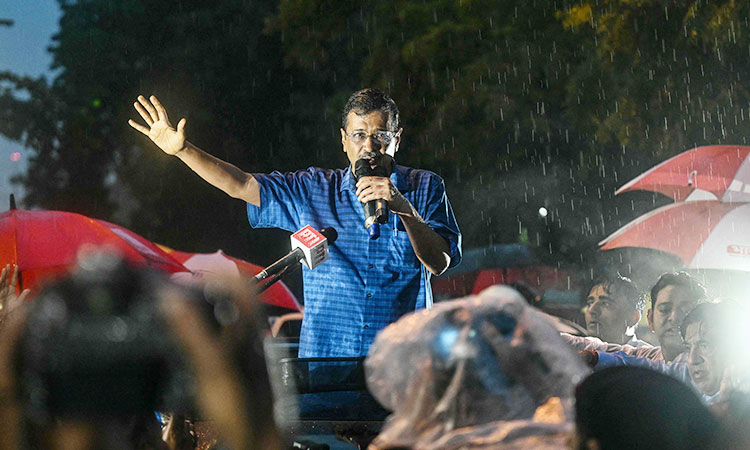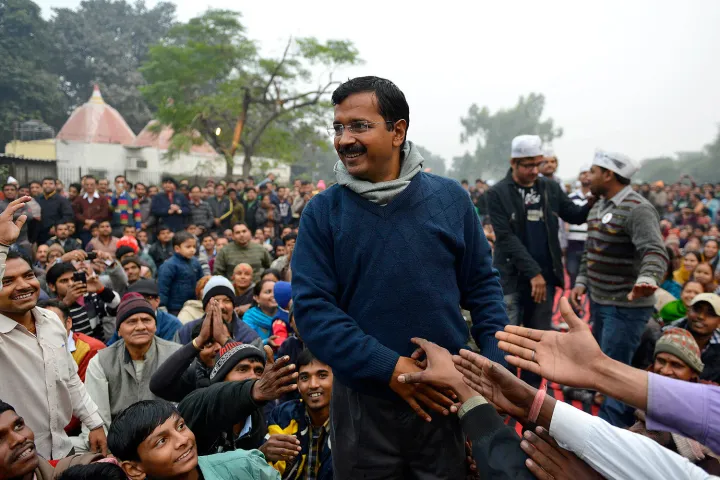Arvind Kejriwal’s decision has come two days after Supreme Court granted him bail in relation to the now-scrapped excise policy.

Aam Aadmi Party (AAP) convenor Arvind Kejriwal on Sunday announced that he will resign as the chief minister of the national capital in the next two days
The 56-year-old politician’s decision has come two days after Supreme Court granted him bail in the excise policy case. The apex court said his “prolonged incarceration amounts to unjust deprivation of liberty”.
The Delhi chief minister said that he would only accept the chief ministerial position if the people confirm his honesty in the upcoming Delhi assembly elections.
“We will go to the court of people to prove our innocence,” he said.
